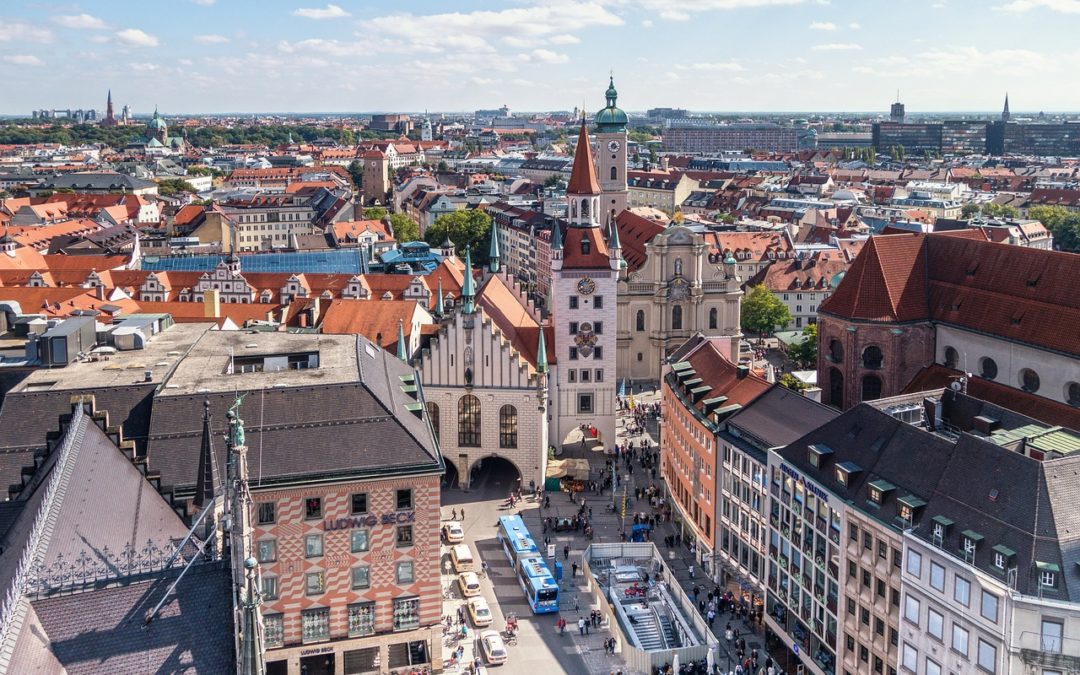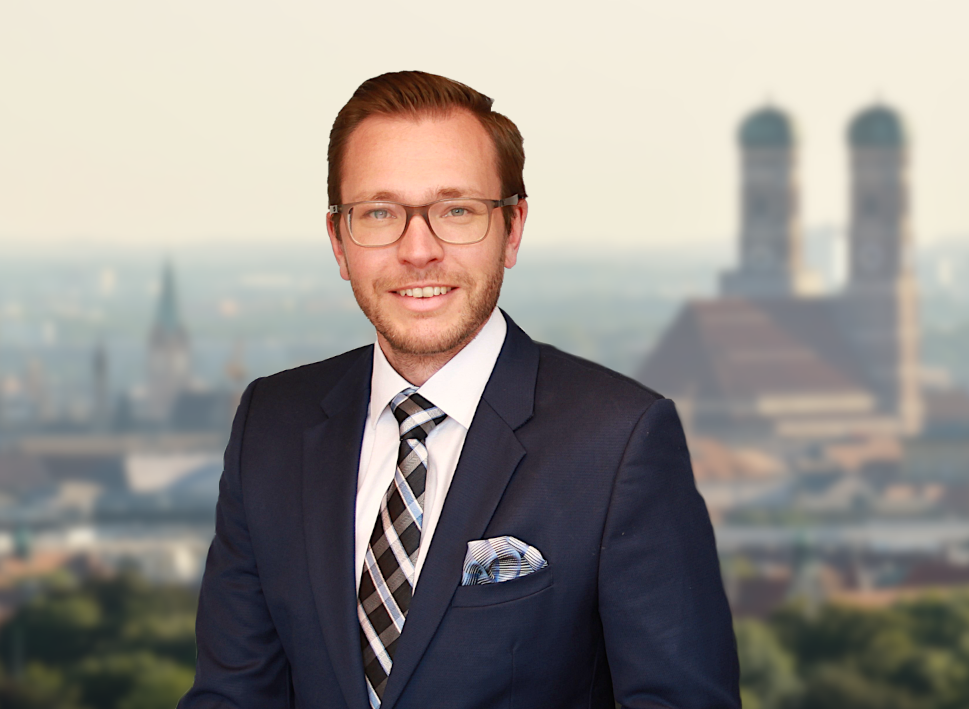Nestled in the heart of Bavaria, Munich stands as a shining example of economic prowess, cultural richness, and architectural beauty. Renowned for its vibrant blend of tradition and innovation, the city has emerged as a prime destination for both residents and investors seeking unparalleled quality of life and lucrative real estate opportunities. In the context of Germany’s dynamic real estate market, Munich’s allure is unmistakable, reflecting broader trends and unique local dynamics.
Munich: A Jewel in Germany’s Crown
As Germany’s third-largest city and the capital of Bavaria, Munich boasts a robust economy, fueled by a diverse range of industries including automotive, technology, finance, and research. Home to global corporations like BMW, Siemens, and Allianz, Munich serves as a magnet for skilled professionals, entrepreneurs, and students drawn to its abundant job opportunities and exceptional educational institutions.
Beyond its economic prowess, Munich enchants with its rich cultural heritage and picturesque surroundings. From the historic charm of Marienplatz and the opulence of Nymphenburg Palace to the tranquil beauty of the English Garden, the city offers a tapestry of experiences that captivate residents and visitors alike.
The Munich Real Estate Landscape
The allure of Munich extends to its real estate market, which has consistently ranked among the most desirable and resilient in Germany. Boasting a diverse portfolio of properties ranging from historic apartments in the city center to modern condominiums in burgeoning neighborhoods, Munich offers something for every taste and budget.
One of the defining features of Munich’s real estate market is its remarkable stability and appreciation rates. Despite periodic fluctuations, property values in Munich have shown remarkable resilience, fueled by strong demand from both domestic and international buyers. The city’s limited supply of land, coupled with stringent zoning regulations aimed at preserving its architectural heritage and green spaces, has contributed to a persistent imbalance between supply and demand, driving prices upward.
Trends Shaping Munich’s Real Estate Market
Several key trends are shaping the trajectory of Munich’s real estate market, reflecting broader shifts in demographics, lifestyle preferences, and economic dynamics:
- Urbanization and Gentrification: Like many major cities worldwide, Munich is witnessing a trend toward urbanization, with an increasing number of residents opting for city-center living. This trend has spurred gentrification in neighborhoods such as Schwabing, Glockenbachviertel, and Haidhausen, where historic buildings are being renovated and repurposed into upscale residences and trendy eateries.
- Rise of Mixed-Use Developments: To accommodate growing demand for housing and commercial space, developers in Munich are embracing mixed-use developments that combine residential, retail, and office space in integrated communities. Projects like the Werksviertel in East Munich exemplify this trend, offering a vibrant mix of residential lofts, creative studios, and cultural amenities.
- Focus on Sustainability: With increasing awareness of environmental issues, sustainability has become a focal point in Munich’s real estate development. Developers are incorporating green building practices, energy-efficient technologies, and eco-friendly design principles to minimize environmental impact and appeal to environmentally conscious buyers.
- Shift Toward Digitalization: The COVID-19 pandemic accelerated the adoption of remote work and digital technologies, prompting many Munich residents to reassess their housing needs. Demand for properties with dedicated home office spaces, high-speed internet connectivity, and smart home features has surged, driving developers to integrate these amenities into new construction projects.
Munich in the Context of Germany’s Real Estate Market
While Munich’s real estate market stands out for its resilience and attractiveness, it is essential to consider its position within the broader landscape of Germany’s real estate sector. As the nation’s economic powerhouse and a hub for innovation and investment, Munich exerts considerable influence on regional and national real estate trends.
In recent years, Germany’s real estate market has experienced steady growth, buoyed by low-interest rates, strong economic fundamentals, and robust demand from investors seeking stable returns. Cities like Berlin, Hamburg, and Frankfurt have emerged as key players in the German real estate landscape, attracting attention for their dynamic growth potential and diverse investment opportunities.
However, Munich’s unique combination of economic prosperity, cultural vibrancy, and quality of life sets it apart from other German cities, positioning it as a premier destination for real estate investment. While property prices in Munich may command a premium compared to other regions, investors are drawn to the city’s stability, strong rental demand, and potential for long-term appreciation.
In conclusion, Munich’s real estate market serves as a microcosm of Germany’s economic resilience, cultural richness, and urban dynamism. As investors navigate the complexities of the German real estate landscape, Munich shines as a beacon of prosperity, offering unparalleled opportunities for those seeking to participate in the city’s continued growth and prosperity.


